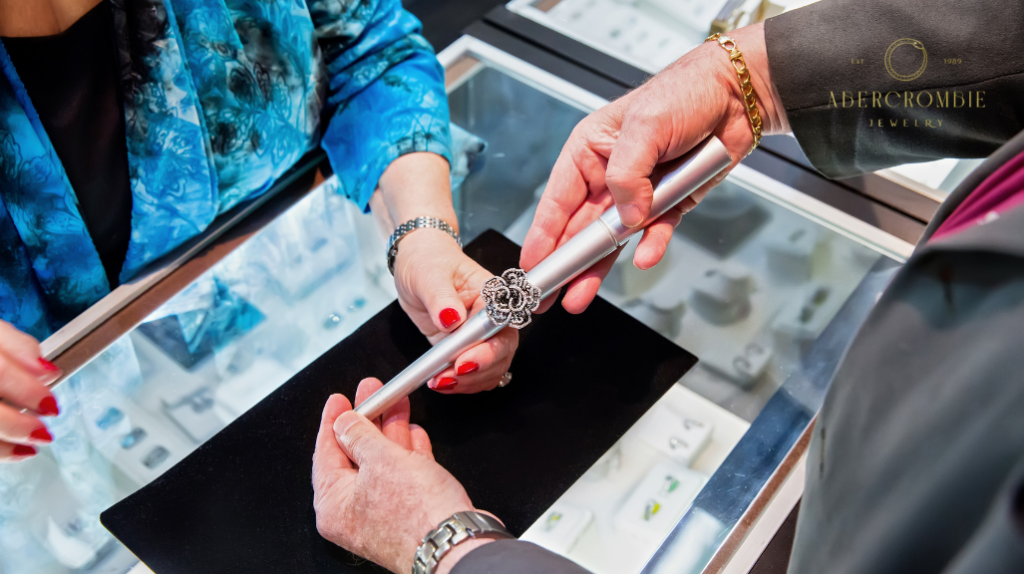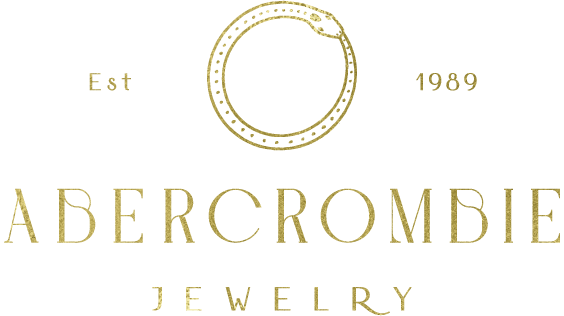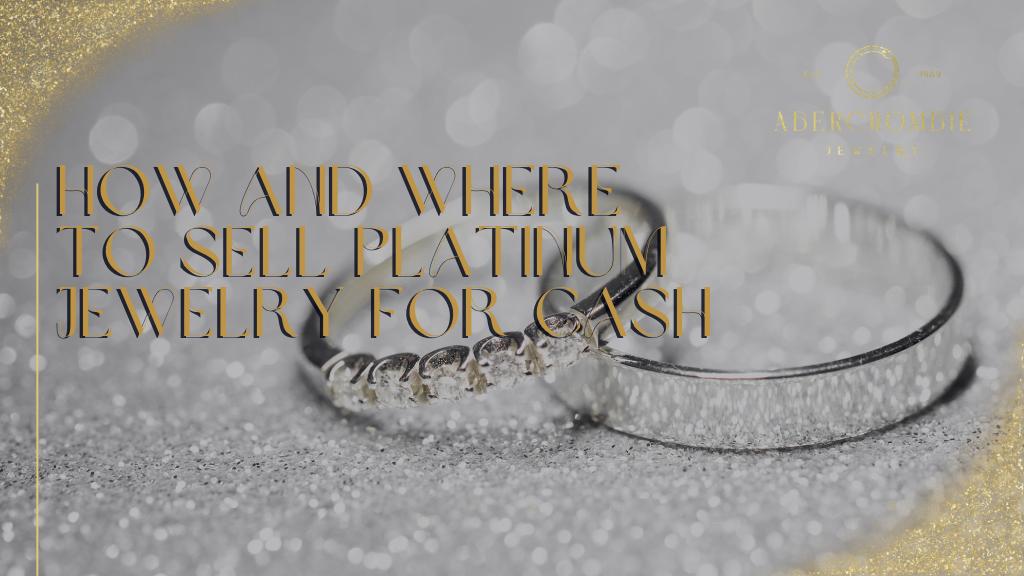Platinum, often overshadowed by the more commonly discussed gold and silver, holds a unique position in the world of precious metals. Its exceptional durability and resistance to tarnish not only make it a favorite among jewelers but also grant it a special status in various industrial applications. This distinctiveness places platinum in a class of its own, offering a selling and investment experience unmatched by other metals.
Key forms of platinum include jewelry, industrial scrap, and bullion bars, each recognized for their specific value propositions. Platinum jewelry, known for its purity and strength, is a luxurious choice for consumers. Though less glamorous, industrial scrap plays a crucial role in recycling efforts, contributing to the metal’s ongoing demand.
Bullion bars represent investment-grade platinum, appealing to those looking to diversify their portfolios with precious metals. Each category of platinum brings its own set of values, recycling processes, historical importance, and even considerations for collectors and investors. Abercrombie Jewelry will dive into these facets in greater detail, offering a comprehensive understanding of what makes platinum a valuable and sought-after asset worldwide.
What is platinum?

Platinum is a precious metal cherished for its remarkable qualities. It is durable, making it ideal for jewelry that lasts a lifetime. Its resistance to tarnish enhances its appeal, ensuring it remains lustrous over time.
Not just limited to adornments, platinum’s applications extend to industrial uses, thanks to its high melting point and catalytic properties. This metal is rare and has a high value, making it a lucrative option for those looking to sell. Whether in the form of jewelry, industrial scrap, or investment-grade bullion bars, platinum presents a unique opportunity for sellers to capitalize on its enduring worth.
Industrial Applications of Platinum:
- Automotive Industry: Platinum plays a critical role in manufacturing catalytic converters, which are essential for reducing harmful emissions from vehicles. Its ability to withstand high temperatures and catalyze reactions makes it invaluable in this application.
- Medical Devices: Platinum is used in various medical devices, including pacemakers and stents, due to its biocompatibility. Its non-reactive nature ensures that it does not cause adverse reactions when implanted in the human body.
- Chemical Industry: Platinum’s catalytic properties are leveraged in producing silicone and other chemicals. It accelerates chemical reactions without being consumed, making it a cost-effective catalyst.
- Electronics: Platinum is used in computer hard drives and fiber optic cables in the electronics industry. Its excellent conductivity and corrosion resistance contribute to these products’ reliability and longevity.
By delving into these specific uses, we can appreciate the diverse demand for platinum beyond its aesthetic value in jewelry. This demand underscores the metal’s importance in various sectors, contributing to its high value and making it an attractive option for sellers.
Why sell platinum?
Selling platinum can be a strategic move for individuals looking to capitalize on its high value. Platinum often fetches premium prices due to its rarity and demand in the jewelry and industrial sectors. For those holding onto old or unused platinum items, selling can transform these assets into liquid cash, offering financial flexibility or an opportunity to invest in other ventures.
Moreover, the recycling of platinum contributes to a sustainable cycle, reducing the need for new mining and processing. Whether motivated by immediate financial needs, a desire to declutter, or an interest in making an environmentally conscious decision, selling platinum presents a lucrative and responsible choice.
Preparing platinum for sale

Before selling platinum, proper preparation is key to maximizing its value. Start by cleaning your platinum items to enhance their appearance and allure. It’s crucial to assess the purity of your platinum with a professional, as this significantly influences its market value.
Knowing the exact weight of your platinum is also essential, ensuring you receive a fair price. These preparatory steps help fetch the best possible price and instill confidence in the transaction process, making it smoother and more transparent for both the seller and the buyer.
Cleaning platinum properly
To clean platinum properly, utilize a soft cloth and a gentle soap solution. Gently scrub to remove accumulated dirt or tarnish, thus restoring its natural luster. It’s important to avoid harsh chemicals that could potentially harm the metal’s surface.
Recommended Cleaning Supplies:
| Type | Brand/Item | Note |
| Cloth | Microfiber Cleaning Cloth | Soft and non-abrasive, ideal for precious metals. |
| Soap | Dawn Gentle Liquid Soap | Mild and effective for removing grease and dirt. |
Assessing purity with a professional
Assessing the purity of your platinum is a critical step. A professional appraiser or jeweler can accurately determine its quality and alloy content, directly impacting its value. Look for experts specializing in precious metals to ensure a thorough and accurate evaluation.
Professional Qualifications:
| Qualification | Description | Why It Matters |
| GIA Certification | Gemological Institute of America certified | A recognized authority in gemology ensures accurate metal and gemstone assessment. |
| AGS Membership | American Gem Society member | AGS members adhere to a strict code of ethics and are committed to consumer protection. |
Weighing platinum accurately
Accurate weighing of your platinum is essential for a fair transaction. Employ a precision scale specifically designed for weighing jewelry or precious metals. An accurate weight measurement lets you determine its value based on the latest market prices, promoting a transparent and equitable sale process.
Recommended Precision Scales:
| Brand | Model | Features |
| Tanita | 1479J2 Mini Scale | Portable, high precision, suitable for small items. |
| GemOro | Platinum PCT101 | Offers high accuracy, designed for professionals. |
Places to sell platinum
When deciding where to sell platinum, options abound, each with benefits and considerations. Online buyers offer convenience and often competitive prices, but it’s crucial to research and choose reputable sites. Local jewelers can provide a more personal transaction experience, and finding ones with good reviews is key.
Pawn shops are an option for quick sales, though it’s important to understand their valuation process. Precious metal refiners might be the best route for larger quantities, though this might mean lower immediate returns. Each avenue requires a balance of convenience, price, and trust, making the choice highly dependent on the seller’s specific needs and circumstances.
More info here: What Are Estate Rings? Discover the Unique Charm and Timeless Elegance of These Treasured Pieces
Selling to online buyers
Selling to online buyers offers the convenience of transacting platinum sales from home. Opt for platforms tailored for precious metals transactions to enhance security and efficiency. Reputable Online Platforms for Selling Platinum:
| Platform | Features | Security Measures |
| Kitco | Real-time market pricing, professional grading | Secure transactions, insured shipping |
| APMEX | A wide audience, competitive pricing | User verification, secure payment processing |
Researching reputable sites
It’s crucial to research reputable sites before engaging in a sale. Validate their credibility through customer testimonials, secure transaction protocols, and clear, upfront pricing to safeguard against potential fraud. Tips for Evaluating Website Credibility:
| Tip | Description |
| SSL Certificate | Ensure the site uses HTTPS to secure data. |
| Customer Reviews | Look for a pattern of positive feedback across multiple platforms. |
| Clear Contact Information | Reputable sites provide easy ways to contact customer service. |
Local jewelers as buyers
Local jewelers can be viable buyers for your platinum, providing a more personal touch. This route is particularly appealing if you’re looking for a straightforward, immediate sale. How to Approach Local Jewelers:
| Step | Advice |
| Research | Look up jewelers with strong community ties and positive reviews. |
| Prepare | Have your platinum appraised beforehand to know its value. |
| Negotiate | Be open to negotiation, but know your bottom line. |
Pawn shops for quick sales
Pawn shops are a viable option for those seeking quick cash, though it’s important to manage expectations regarding the valuation and understand that offers may be below market value. Understanding Pawn Shop Valuations:
| Factor | Impact on Valuation |
| Current Market Price | The basis for any offer is often a percentage of the live market price. |
| Item Condition | Better conditions may mean a slightly higher offer. |
| Shop’s Inventory | Current demand and stock levels can affect the offer. |
Precious metal refiners for bulk sales
For substantial quantities of platinum, precious metal refiners may present the best avenue, especially for items not ideal for resale in their present state or as jewelry. Preparing for Lower Immediate Returns:
| Consideration | Description |
| Bulk Pricing | Expect offers below retail value due to the bulk sale nature. |
| Processing Fees | Some refiners charge fees that can reduce your net return. |
How to sell platinum safely?

Selling platinum safely involves a few key steps to protect your assets and personal information. Verifying the buyer’s credibility is paramount; look for buyers with positive online reviews and good standings with the Better Business Bureau (BBB). Understanding the current market prices of platinum can help you gauge fair offers while tracking market trends, which provides insight into the best timing for your sale.
Securing your personal information is crucial when conducting transactions, especially online, to prevent identity theft or fraud. Opt for secure payment methods and avoid oversharing personal details to ensure a safe and successful sale.
Verifying buyer credibility
Verifying the buyer’s credibility is critical for a secure sale. Investigate their business practices and reputation within the precious metals community. A credible buyer will have established a positive presence and transparent dealings.
Professional Accreditations and Memberships:
| Organization | Significance | Why It Matters |
| Better Business Bureau (BBB) | Business accreditation organization | High ratings indicate trustworthiness and customer satisfaction. |
| American Numismatic Association (ANA) | Organization for coin collectors and dealers | Membership suggests a commitment to ethical business practices. |
| Professional Numismatists Guild (PNG) | Organization for reputable coin and precious metal dealers | Members must adhere to a strict Code of Ethics, ensuring fair dealings. |
Understanding market prices
Understanding the current market prices for platinum ensures you’re well-informed about the value of your asset. This knowledge is crucial for recognizing fair offers and avoiding undervaluation. Resources for Checking Platinum Prices:
| Website | Features | Why It Matters |
| Kitco.com | Live market prices, historical data | Provides up-to-date pricing to help sellers make informed decisions. |
| BullionVault.com | Daily platinum price updates, market analysis | Offers insights into market trends and factors affecting prices. |
Tracking platinum market trends
Tracking platinum market trends can significantly impact the timing and profitability of your sales. Awareness of these trends allows you to sell at a time when market conditions are most favorable, potentially enhancing your returns. Financial News Outlets and Commodity Tracking Services:
| Service | Description | Why It Matters |
| Bloomberg Commodities | Comprehensive market news and analysis | Provides detailed information on commodities, including platinum. |
| Reuters Financial Markets | Global financial news, including precious metals | Offers insights into economic factors influencing platinum prices. |
Securing personal information
Securing personal information during the sale process is imperative. Use secure communication channels and payment methods to protect sensitive data from cyber threats.
Avoiding oversharing in online transactions
Avoid oversharing personal information in online transactions. Limit sharing personal details to what’s strictly necessary for the transaction, safeguarding against privacy breaches and enhancing the overall security of the sale.
After the sale

After successfully selling your platinum, the focus shifts to receiving payment and ensuring the transaction’s security. Opting for secure payment methods is crucial to safeguard your finances. Whether the payment is via bank transfer, check, or another method, verify the transaction’s completion and secure the funds.
Additionally, depending on the amount and your local tax laws, reporting the sale for tax purposes may be necessary. Keeping detailed sales receipts and documentation is also vital for your records, as it provides proof of the transaction and helps with future needs or disputes. This post-sale process is as important as the sale itself, ensuring that the finalization of your platinum sale is smooth, secure, and properly documented.
Receiving payment
Receiving payment for your platinum sale is a critical step. It’s important to confirm the payment method beforehand and ensure it meets your criteria for security and reliability.
Choosing secure payment methods
Selecting secure payment methods is vital for safeguarding your proceeds. Consider using electronic bank transfers, certified checks, or established online payment services that provide a layer of protection against fraud.
Reporting for tax purposes
Reporting the sale for tax purposes is an essential consideration. The sale of platinum may have tax implications, so consulting with a tax professional can help you navigate any necessary declarations or payments to comply with your local regulations.
Keeping sales receipts and documentation
Maintaining sales receipts and documentation is crucial for your records. These documents act as a formal transaction record and are useful for future queries or requirements, including dispute resolution or tax inquiries.

